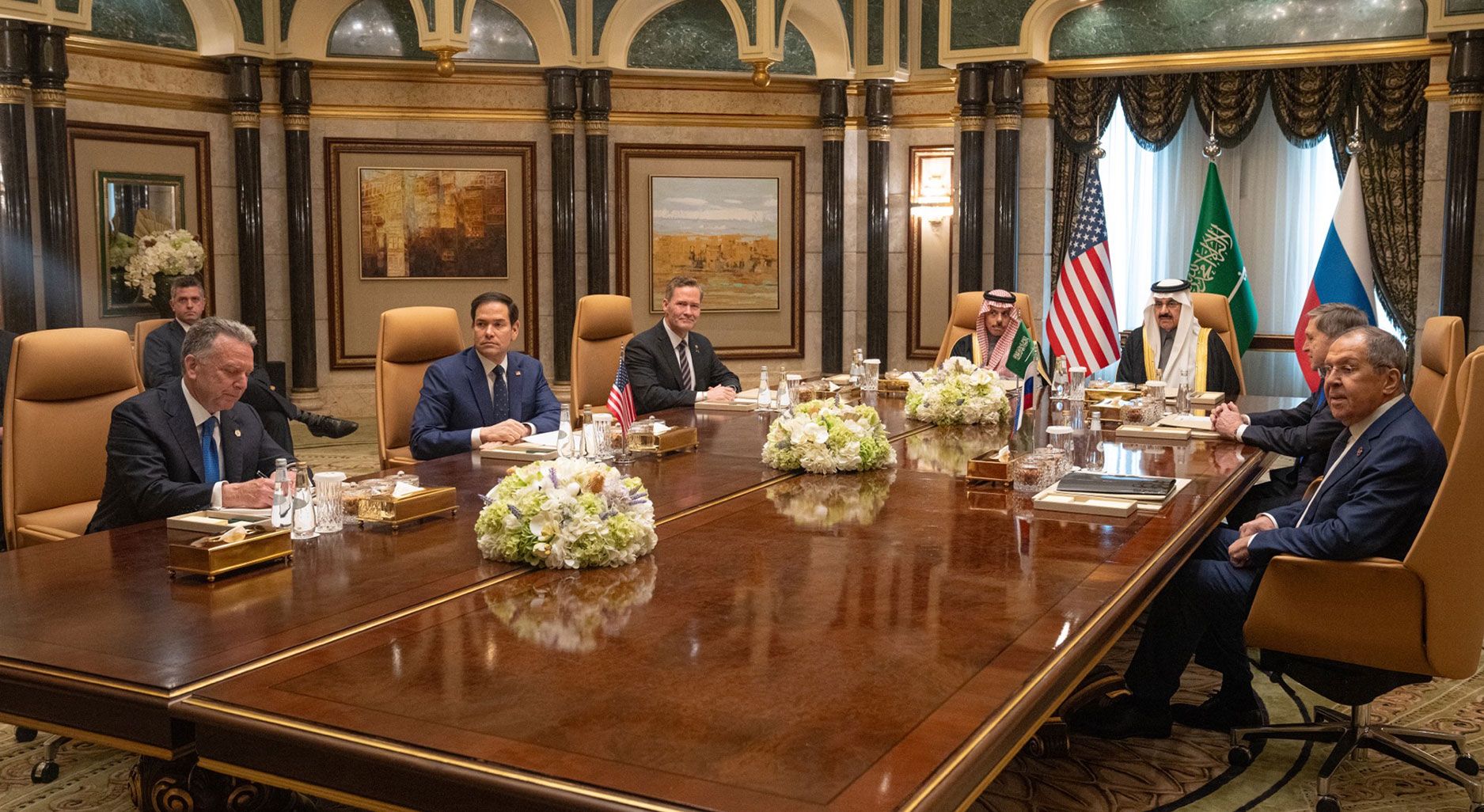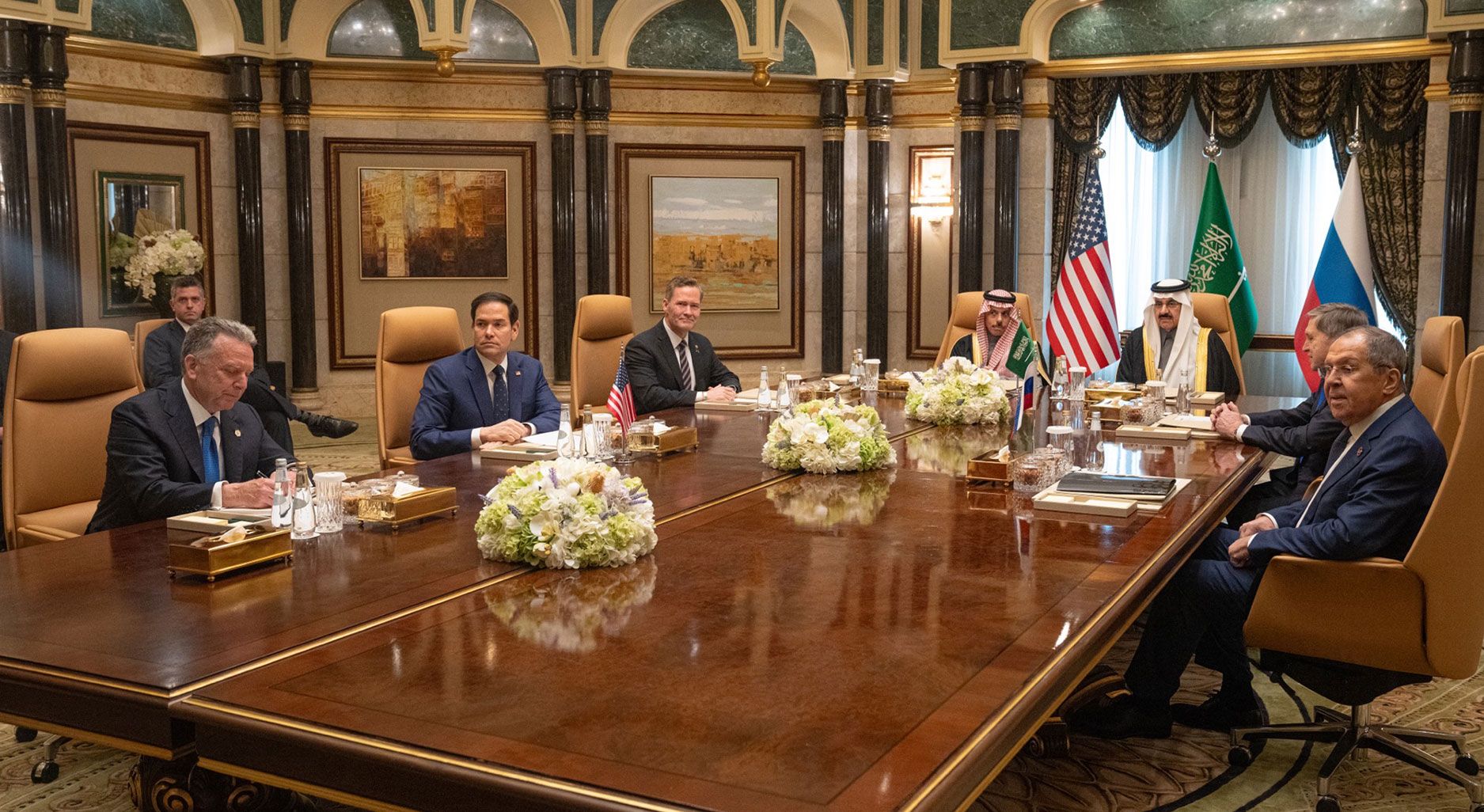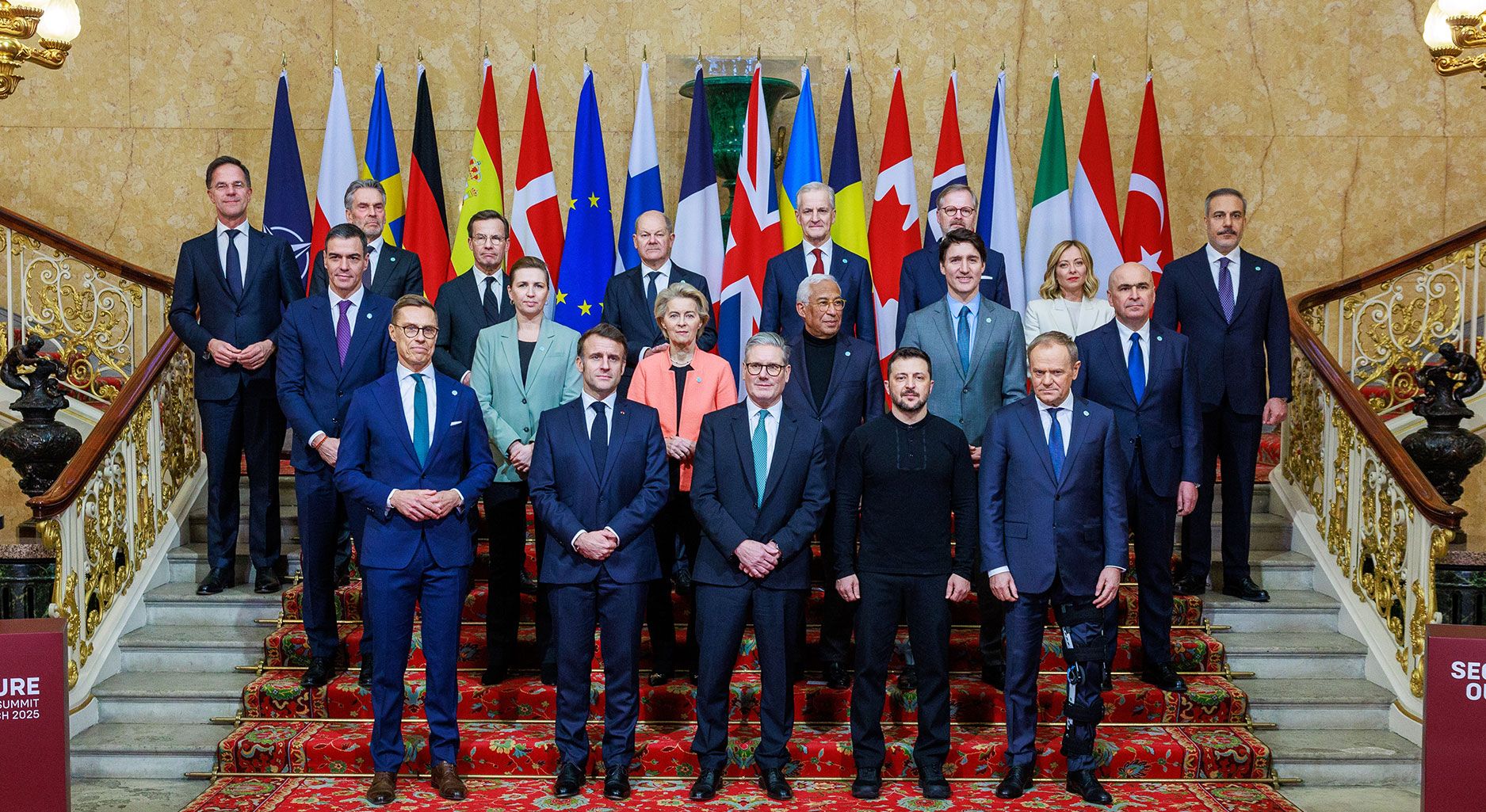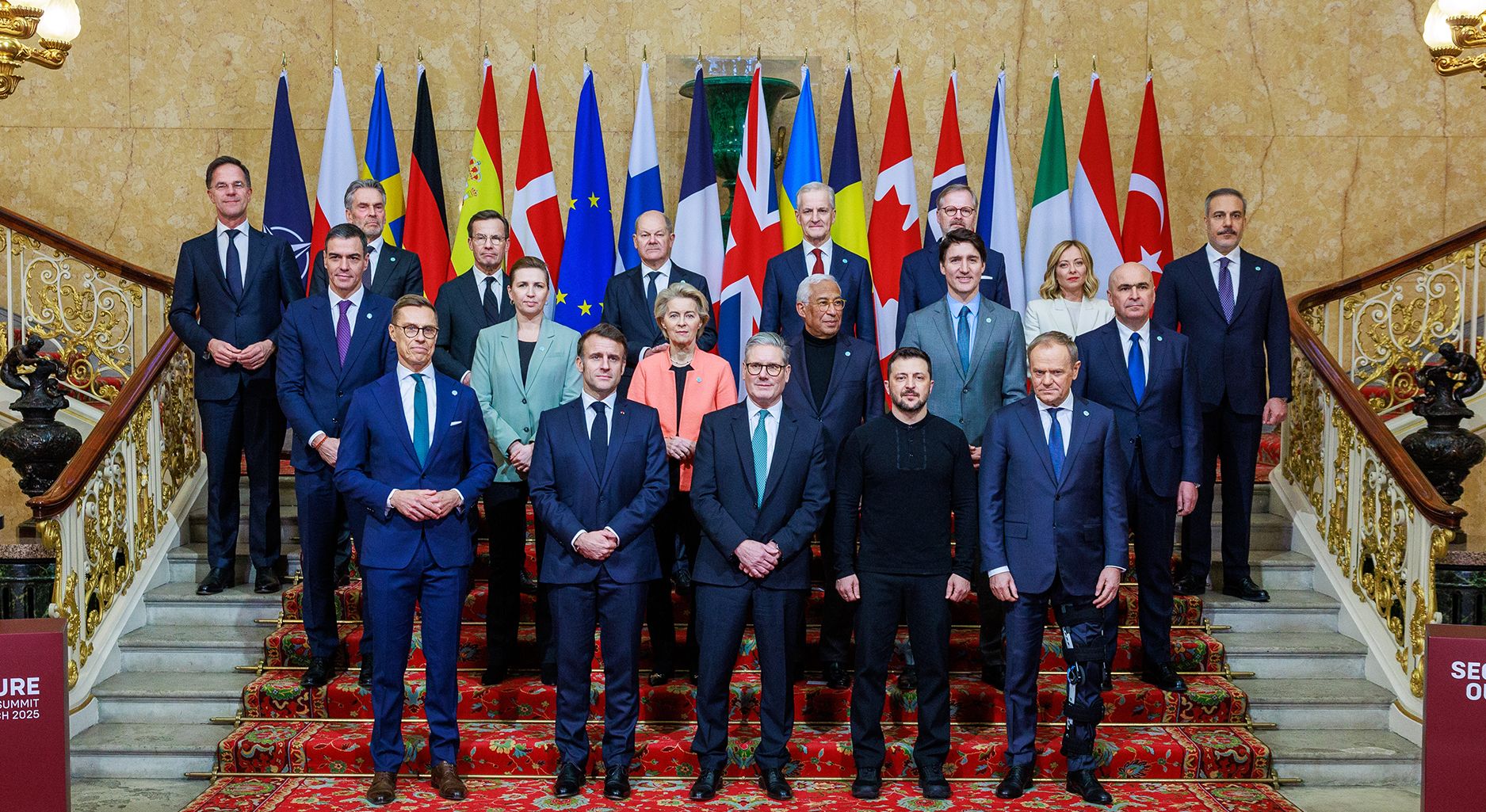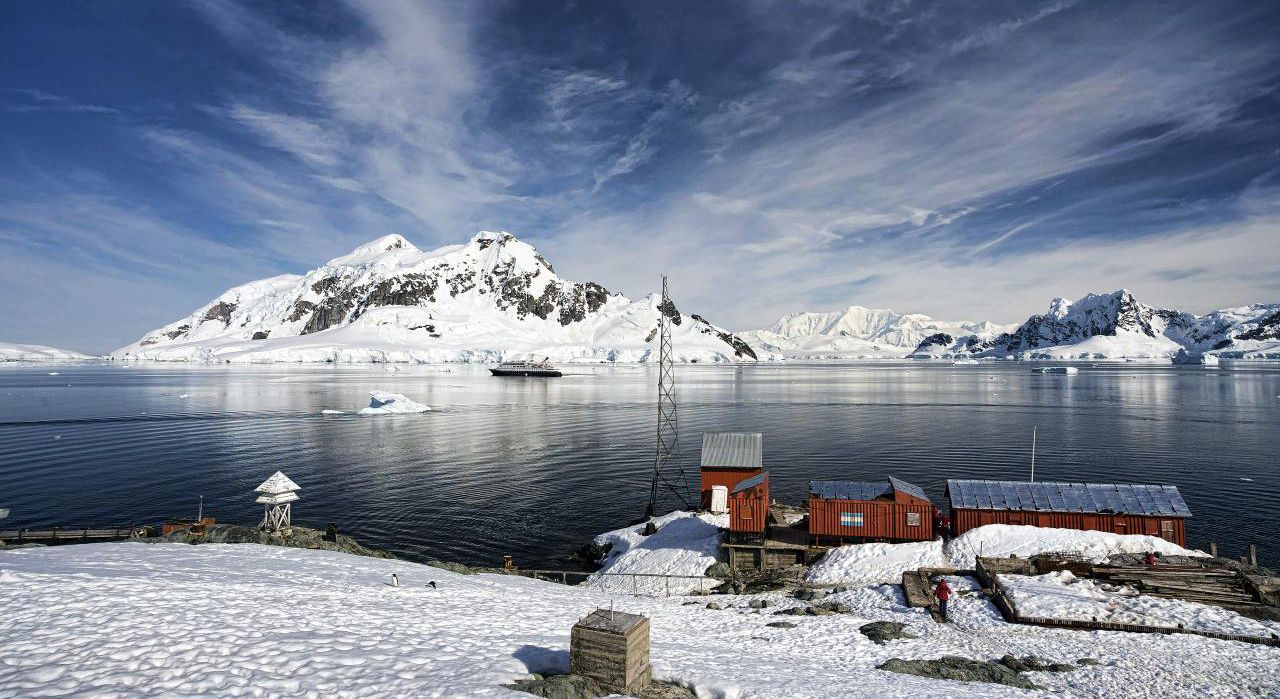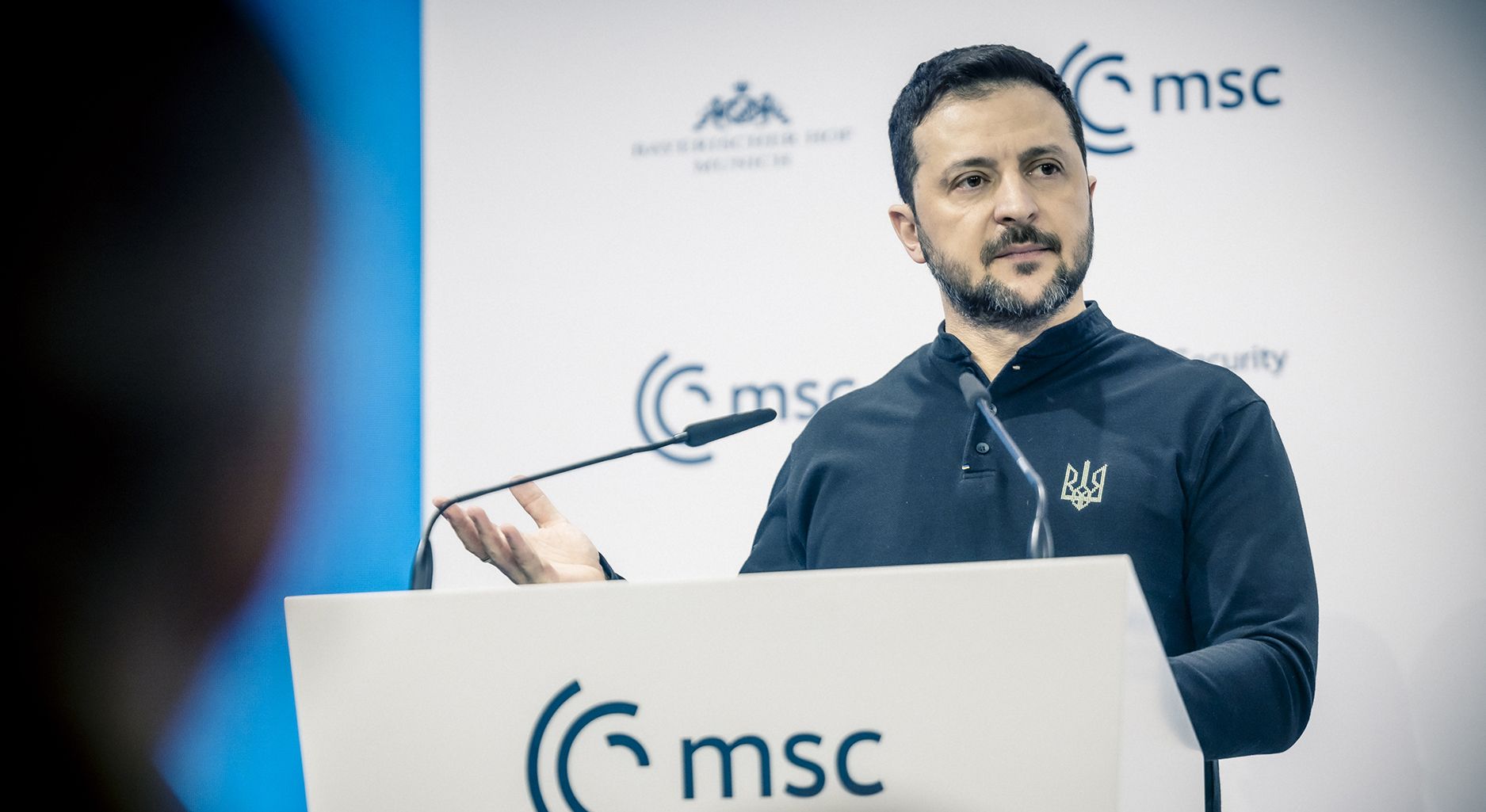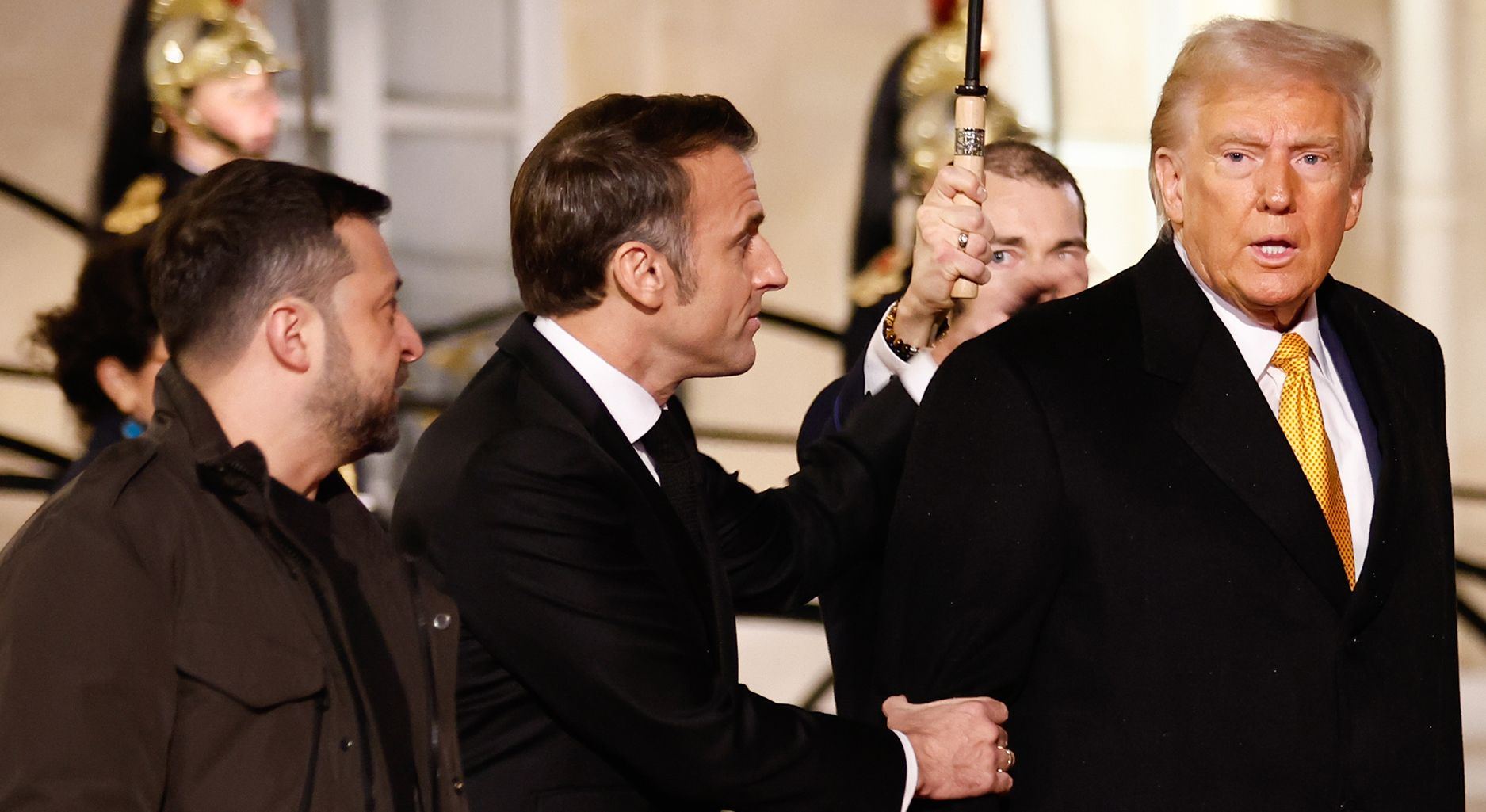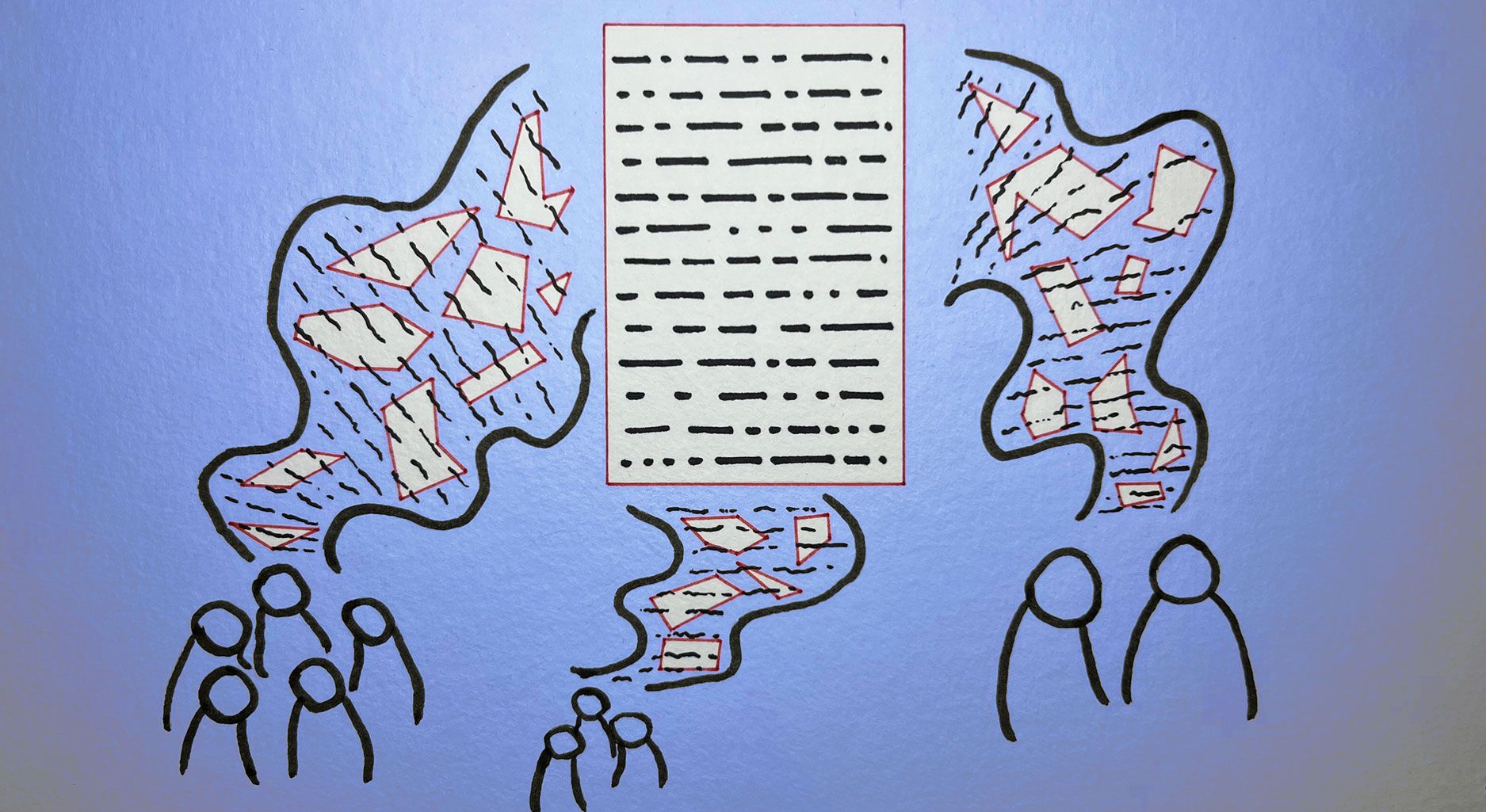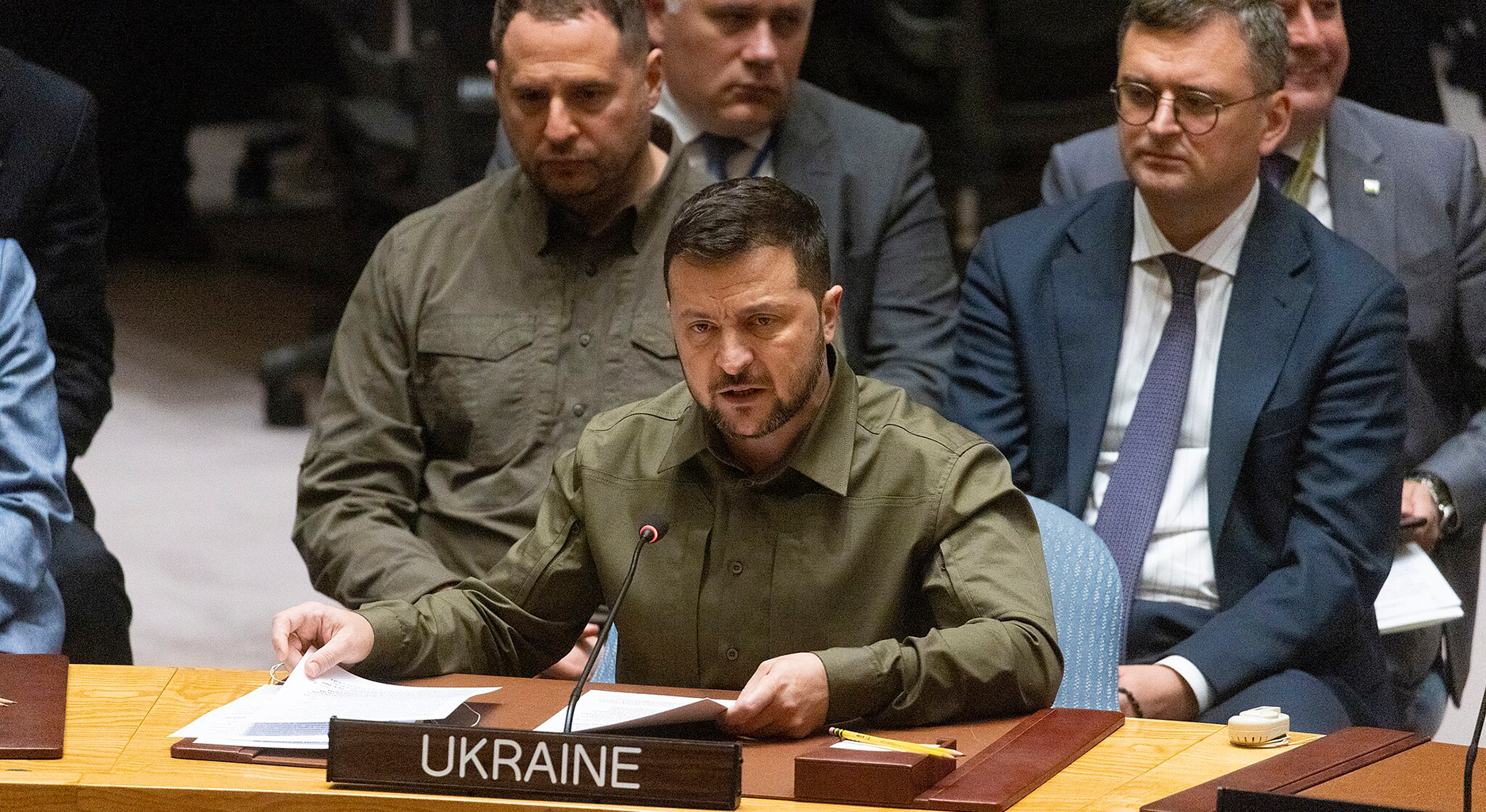Tag: Russia
Despite the deadlocked military situation for Ukraine and the policy shift in the US, Germany and...
Mit nüchternem Blick zum Verhandlungstisch: Europa muss die Beendigung des Ukrainekrieges und den Rückzug der USA diplomatisch mitgestalten
Trotz der längst verfahrenen militärischen Lage für die Ukraine und bekannten Kurswechsels in den...
Maintaining the Rules-Based International Order: How Europe can Stand up to the Superpowers as an Alliance of Small States
When Western voices described the Russian invasion of Ukraine in February 2022 as an attack on...
Festhalten an der regelbasierten internationalen Ordnung: Wie Europa als Allianz kleiner Staaten gegenüber den Supermächten bestehen kann
Wenn westliche Stimmen den russischen Überfall auf die Ukraine im Februar 2022 als Angriff auf...
Confronting Antarctic Security. Let’s stop chasing spectres at the South Pole!
Antarctica is often celebrated as a continent of peace and science. All ‘measures of a military...
US Halts Defensive Cyber Activities Against Russia: A Digital ‘Withdrawal’ from Europe
In a major shift in U.S. cybersecurity policy, Defense Secretary Pete Hegseth has ordered U.S....
From Munich to Munich? Three Years of Russia’s Full-Scale Invasion of Ukraine
Three years ago, in Ukraine, I was awoken at 4:45 am by a frightening noise unlike anything I had...
How a Sustainable Ceasefire Between Russia and Ukraine Could be Reached
The Trump administration’s recent actions have left many uncertain about the prospects and...
Germany’s Fragmented Approach to Disinformation in 2025 Elections
With elections taking place in less than a month, Germany finds itself faced with a critical...
Is Lawfare Fair? Russia’s Illegal War and the International System
The search for recognised political legitimacy and legality is integral to states which take part...
